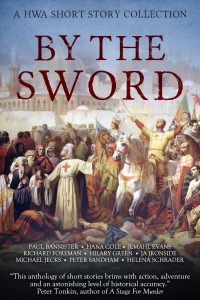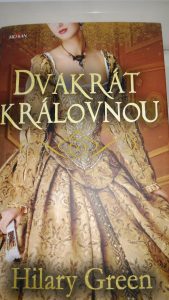/
BOOKS RE-ISSUED
I am delighted that Hodder and Stoughton have decided to re-issue my first two novels, WE’LL MEET AGAIN and NEVER SAY GOODBYE. It’s wonderful to see them having a new lease of life. The are now available as paperbacks but also as a Kindle edition. You can even read them for nothing if you have signed up to Kindle Unlimited.
This is what one reader says about We’ll Meet Again:
There have been a slew of new releases set during WWII to coincide with the various anniversaries and landmark moments in our 20th century history, and its easy to miss some of the novels released a while ago that are still well worth reading. We’ll Meet Again, is an engaging drama and romance.
The novel has a feisty protagonist – Frankie, a young woman of Italian descent, who, desperate to escape the dead end job prospects in Liverpool, finds herself being trained as a morse code operator and eventually a spy. (Hope I’m not giving too much away) This is a novel that builds in excitement to a nail-biting climax in Nazi-occupied Italy. What makes the novel a delight is the beautifully drawn friendships and allegiances that we share with Frankie during her training and beyond, for example the snob whose brittle exterior masks a deep insecurity, the stoic friend who risks her life to help the Resistance in France. There is also a believable and tender romance.
This was easy entertainment and ideal reading during my cosy nights before the fire over the Christmas. I thoroughly enjoyed it, and I will be buying more of Hilary Green’s books in the future.
This is what a reader wrote about NEVER SAY GOODBYE:
Never say Goodbye was even better in my opinion than the first book and was a real page turner, more so (if possible) than the first one. I thoroughly enjoyed the book and was enlightened a great deal by it.
I would recommend this book to anyone who likes WW2 novels and I can safely say I will be reading every other title this author has written. An absolutely cracking read.
Reviews like this mean a great deal to writers and the more reviews a book gets the more prominence it is given on Amazon. So if you, too, enjoy these books PLEASE write a review and post it on Amazon.



